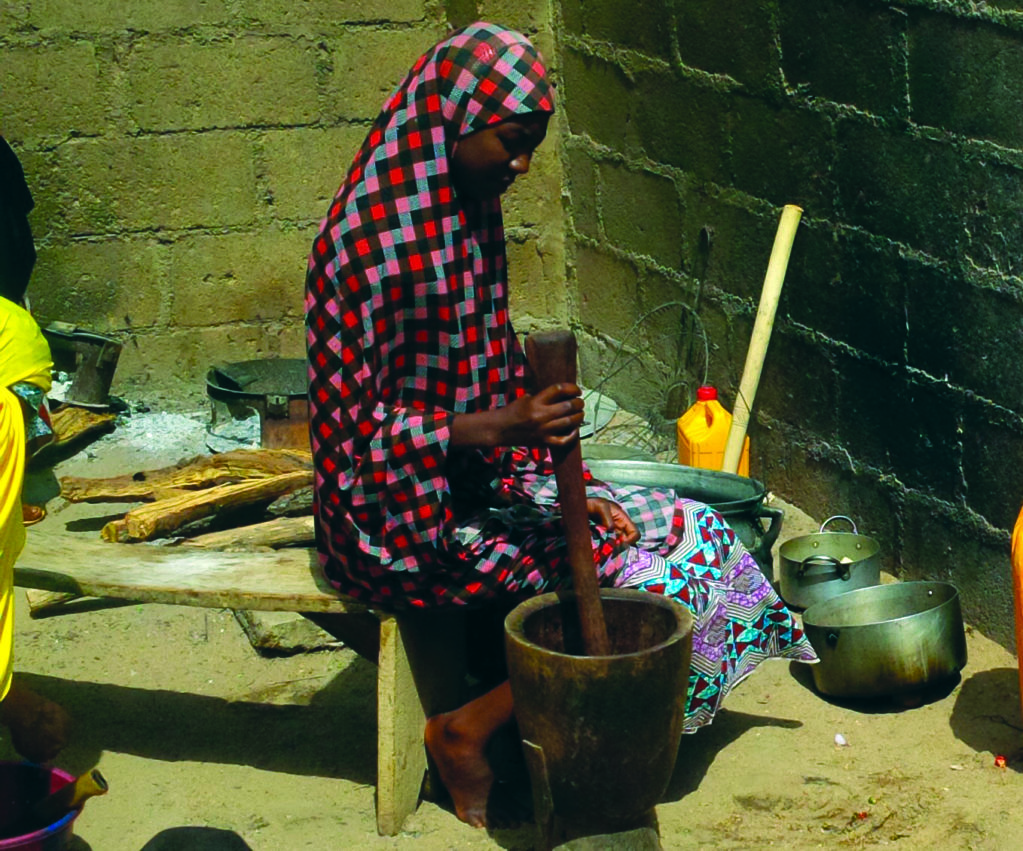It is 16 years since Nigeria drew back from the abyss in the former colonial town of Kaduna. In February 1999, 5,000 Christians took to the streets in an anti-Sharia march to protest the introduction of the strict Islamic penal code. Their contention was that Nigeria’s constitution did not allow federation, or state, to adopt any religion.
The march sparked a deadly confrontation between Christians and Muslims. Three days of street fighting left at least 2,000 dead. President Olusegun Obasanjo dispatched troops to restore order as conflict threatened to spread. He managed to head off conflict, but the rumpus around Sharia law did not go away.
Obasanjo tried to persuade northern governors to hold off on Sharia law; days before, Kano in the north west, signed a Sharia bill. Weeks later, Zamfara State amputated the right hand of Buba Jangebe after a Sharia court convicted him of stealing a cow. Four northern states: Sokoto, Zamfara, Kebbi and Kano have adopted Sharia law since 1999.
Many northern politicians felt marginalized by the new republic under Obasanjo. They complained of a southern and Christian bias and latched onto the rigors of Sharia law to boost waning support. It was seen by the rest of the country as a political compromise.
Fast forward to 2015, as the six-year Boko Haram insurgency continues to rage. Boko Haram has condemned northern governors who have adopted Sharia law. The militants believe the brand of Sharia law practiced in the country is not true Islam and have vowed to wage war until the entire country falls under their brand of Sharia. In this struggle, Boko Haram has captured around 20 small towns along Nigeria’s border with Chad and Cameroon. Militants have also taken larger towns like Mubi in the north eastern state of Adamawa.
Loading...
Boko Haram renamed Mubi ‘Madinatul Islam’ or the City of Islam. Tens of thousands fled as the invaders hoisted their flag in the deserted emir’s palace and warned that ‘true’ Sharia law was now in force. A market thief was convicted by a Sharia court and his hand amputated to make the point.
Seventeen-year-old Aisha Ibrahim recalls the day Boko Haram rolled into town in with armored cars, trucks and motorcycles. She was still in school when the town was rocked by the sound of gunfire. She ran home to find her parents had fled, leaving her grandmother behind. In the fraught weeks that followed, she says, her best friend, Umma, was forced into a marriage with one of the militants. She feared the same fate and fled to Yola in the hope of finding her parents and four siblings. Her father has not been found, his whereabouts unknown. She is now back in Mubi after the Nigerian army took back the second-largest commercial center in Adamawa State after Yola.
Mubi is also the largest cattle trading center in Nigeria. The cattle rearing northerners use the Mubi cattle market as an important trade post to sell livestock to traders from as far as Lagos.
These days the southern businessmen fear to travel north and the insurgency appears to be killing the meat trade, which has yet to recover from a recent truck drivers’ strike.
On the other side of the city, Pastor Titi Adewumi, leader of one of the many churches that dot the landscape of the Adamawa State capital, says residents are depressed by all the security checks. All movement between 12AM and 5AM is prohibited as part of a state of emergency. Interestingly, worshippers are searched before they enter their local mosque or church. But while Yola residents complain about the quality of life, they know things could be worse; Boko Haram at the time of writing were engaged in a fight to the death for the control of the Borno State capital, Maiduguri, where a total ban on all movement has been imposed.
In Mubi, there is hope. Retired Colonel, Taboyi Elam Dong, says the recapture of Mubi shows that the Nigerian military is winning the war against Boko Haram. Other towns recaptured include Gwoza in Borno State and Potiskum in Yobe State.
Most people here feel the government is not doing enough as hell lurks around the corner.
Loading...
